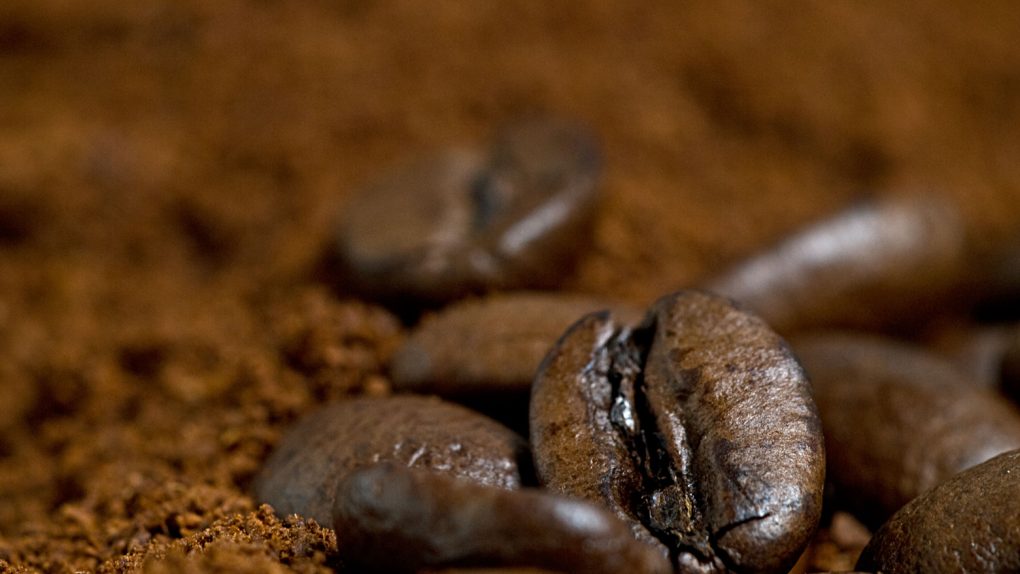The past few years have brought lots of good news for anyone who considers coffee a vice. Scientists have discovered that various compounds in coffee can help fight a number of diseases including Alzheimer’s, and now a new study is putting even more weight behind the notion that coffee is very good for you.
The work, which was published in Proceedings of the National Academy of Sciences, suggests that not only does coffee battle Parkinson’s but also another incurable brain disease called Lewy body dementia. Conducted by scientists at Rutgers, the study points to the combined effects of caffeine and a fatty acid present in coffee called EHT as potentially playing key roles in disease fighting.
In studying the effects of EHT and caffeine, the researchers observed that the combination actually prevents proteins from accumulating in the brains of mice. It’s this protein accumulation that is typically linked to Parkinson’s as well as Lewy body dementia.
However, the administration of either caffeine or EHT on its own did not have the same affect, suggesting a synergistic effect between the two. When both are present, they show the potential to delay or possibly even stop the progression of the diseases entirely.
Coffee contains hundreds of different compounds and this is just one piece to a much larger puzzle. Many recent discoveries have given coffee drinkers a reason to celebrate, but M. Maral Mouradian, a Rutgers professor who led this recent round of research, says that more research is needed before we’ll know how much coffee is good for you and where to draw the line.
“EHT is a compound found in various types of coffee but the amount varies,” Mouradian said in a statement. “It is important that the appropriate amount and ratio be determined so people don’t over-caffeinate themselves, as that can have negative health consequences.”








